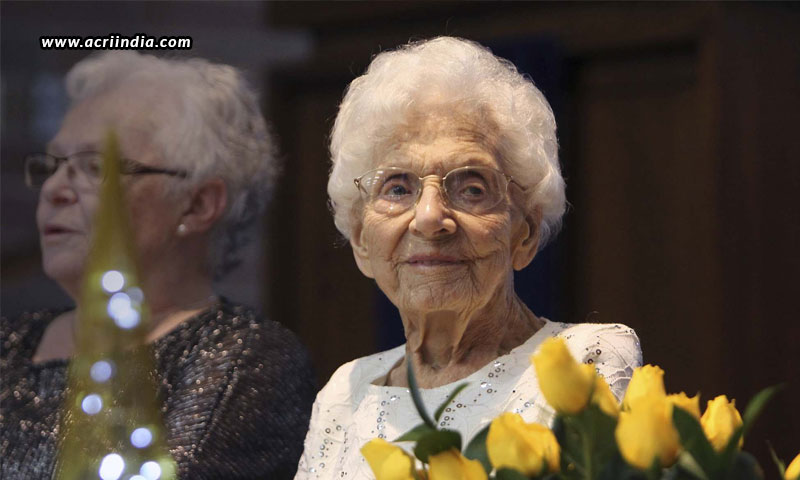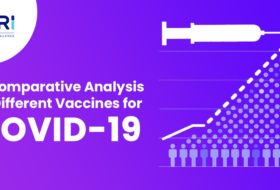Supercentenarians are very rare and very precious individuals who live above 100 years of age, typically those who have reached 110 years of age. But, what makes them live so long, longer than the general 75-85 years of age of majority of the population? Do they have something special in their genetic code? Or, is it something else? Clinical researchers have tried to find out what it is that brings such long life to these special people, with protection from diseases that gives them better health. Obviously, lifestyle and luck are two main factors that play an important part to grant them this long-life gift, because there are only somewhere less than 100 people across the world among the billions who live to reach this age! But, there has to be something else too that makes them so special!
To find this, researchers have put in efforts to come up with the most possible reasons why supercentenarians live so long. They have focused on the role of genes and DNA.
Majority of us today, in this polluted and contaminated world that we live in at present, are prone to many threatening ailments like heart disease, cancer, or stroke. And, as we grow, these ailments only worsen. But, the amazing thing here is that supercentenarians are less likely to experience such health issues, even though they live so long! Although these people don’t make lifestyle choices that are different from those of the average person, they are unaffected by the environmental influences that contribute to age-related diseases. This suggests that there is something definitely genetic that protects them from health issues that most people face in the old age.
Researchers thus studied the genes and DNAs of such supercentenarians, and hoped to find a letter change (variant) in the DNA that was not present in those who live an average lifespan. But, when the genes of both these groups were compared, there were no variants that were unique to the supercentenarians! However, researchers found a gene called TSHZ3 that had more variants in supercentenarians than in normally-aged individuals. This TSHZ3 is a regulatory gene involved in developmental processes. The DNA sequence of this gene was compared between the two groups of supercentenarians and normally-aged individuals, which resulted in understanding that the frequency of protein-altering variants in the supercentenarians was 4% as compared to only 2.5% in normally-aged individuals.
Thus, there is after all a specific genetic exceptionality in those who are able to live up to 110 years or longer. And, it is this gene that does not let these precious people fall ill even as they are nearing their death. In fact, a surprisingly extensive proportion of supercentenarians were found to be still functionally independent, or required minimal assistance with their chores and movement, even in their final y ears!
With this study, and many related studies to be done further on this project, it is definite that a drug or gene therapy will certainly be devised to replicate the effects seen in supercentenarians today, and instill them into the rest of us! This advancement has been made possible only because of the amazing research, study, and training that researches go through. You can also join the league by getting appropriate education from professionals at Avigna Clinicla Research Institute through the online clinical research courses in Bangalore available. And, you never know, you could be the one developing, or assisting in developing such drugs and gene therapies in the future!










